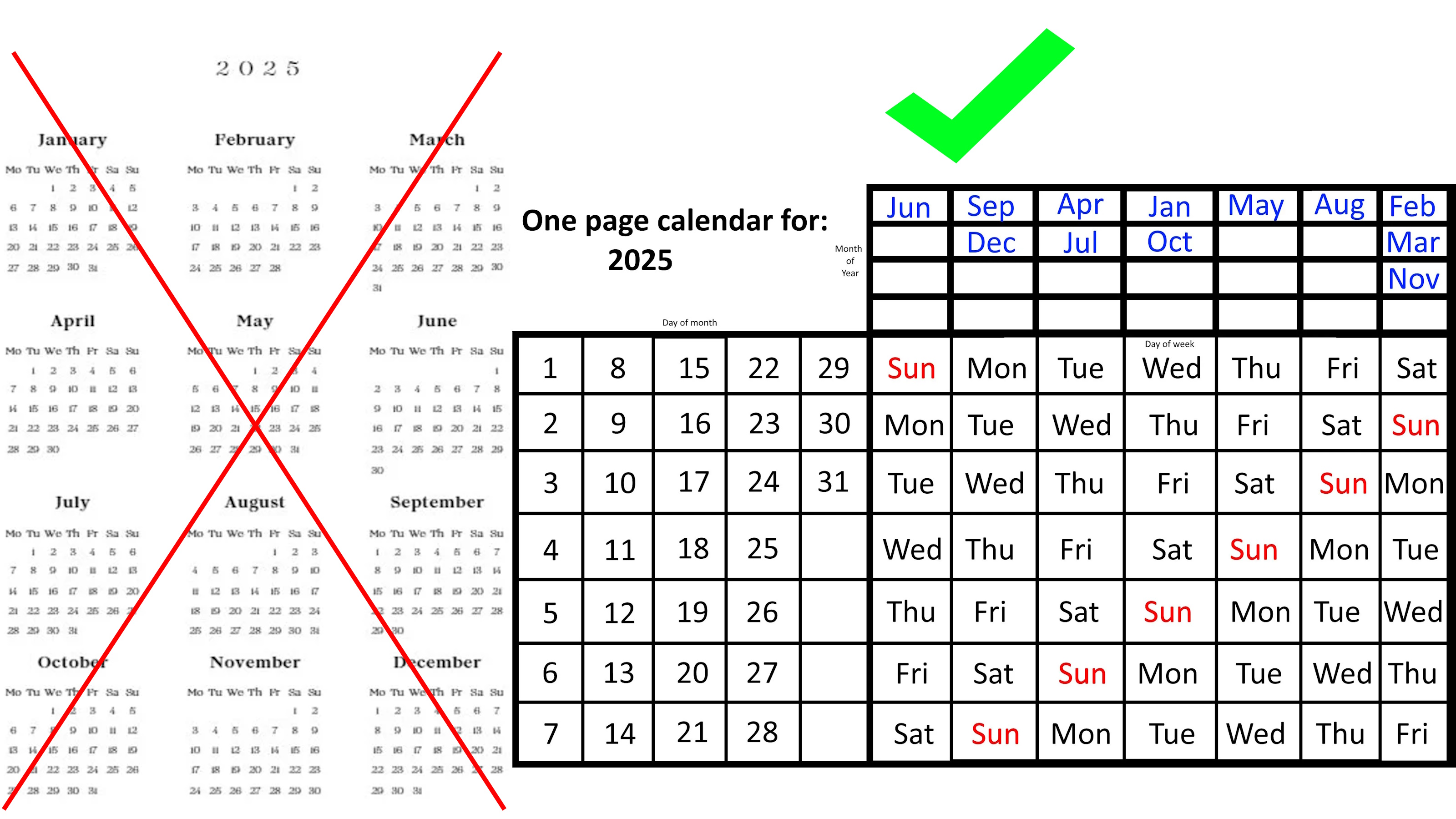Tom Stewart discusses how the European and American systems differ.
Question: Where is American capitalism today?
Tom Stewart: If you think about trying to define the American state of capitalism as opposed to say, the European state or other states of capitalism – Chinese capitalism … Let me … Let me … There’s a wonderful book that a Harvard Business School professor named Deborah Sparr wrote called … the Waves, which is a history of … a comparative history of telecommunications technologies in the U.S., the U.K., and on the continent of Europe. And she talks about the telegraph, the telephone, television, the Internet, mobile phones. And she found a pattern, and the pattern is this. On the continent of Europe, a national champion … or a corporation is created. It’s a … It’s … TeleComm. So it’s a … a division of the state is created that develops the technology. It’s a state monopoly. And then maybe eventually 50 or 100 years later, competition comes in. On the U.K. In the U.K., a private national champion corporation – a publicly-chartered corporation like the BBC … TeleComm – is created. It’s not owned by the state, but it’s a monopoly and it’s responsible to the . . . and it’s responsible to the state. And then a … or some other competition comes in. And in the United States in general, we let 1,000 flowers bloom. We have an Oklahoma land rush. We have this crazy generation of a million different conflicting ideas. Then there’s a wild consolidation. A lot of businesses die, and some sort of . . . and … and … and others are formed. And some sort of consensus in our standardization is … around standards, and some sort of . . . some stable state with three or four competitors emerges. Very different models, and it’s a pattern we’ve done over and over and over again. I mean it may be a legacy of the frontier. It may be a legacy of just sort of, you know, “Raise the gates partners. Send those … out and good luck!” you know? I mean it … it could be a cultural … a cultural thing. It’s certainly … it’s a Gold Rush kind of mentality. Certainly the .com boom was the biggest thing in California since the Gold Rush, you know, 150 years before. So I think that’s our cultural capitalist pattern – easy to start a company, easy to go bust, easy to come back after you’ve done it. And I think in the last few years, the … the risks … I mean, each of these has their own benefits, you know, and … and their own risks and rewards. And God knows if I had lived through the first half of the 20th century that Europe had had, I would want to have … I would not consider change my friend. I would want to have a set of regulations and government policies that made it difficult to have radical, crazy and news ideas, because of the social and military and other catastrophes that happened on the continent of Europe in the first half of the 20th century. But I think we’re seeing some pretty risky elements in our model too. I mean obviously there have been. First of all the risks. There are personal risks of … of failure. We . . . Our social safety net is smaller and has more holes in it, and people fall through it. I think there’s also a risk of – and we’re seeing this fiercely – a risk of … of real income disparity. And I think we have reached a dangerous place in the United States now where, first of all, the rewards at the top are so enormous. I mean the money made by billionaires today makes Rockefeller look like a piker. And so the disconn … I think there’s a … a rather growing disconnection between the rewards available to the top and the consequences to everybody else. So we’re not really … We’re not in the same boat. And when the rewards are so great, it’s a lot easier for me, if I have a chance at the rewards to say, “Oh, the hell with everybody else. I’ll just…” you know … “If I can be a … millionaire, why should I care about my neighbors? This is too big an opportunity to pass up.” Whereas if I can only be a millionaire, maybe I … maybe I will pay a little more attention to … to what I do to bring the whole neighborhood up with me. So I think there’s a … I think there’s a real … a real danger in there.
Recorded on: 6/22/07





